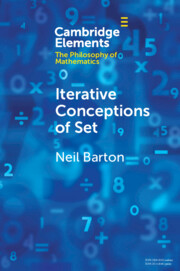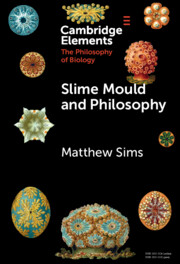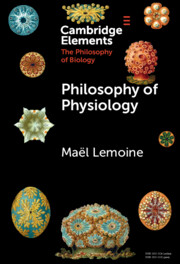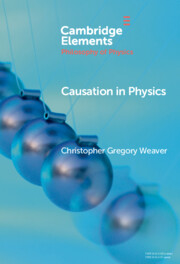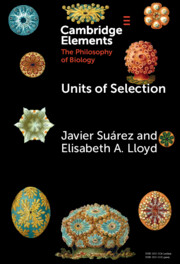Iterative Conceptions of Set
Many philosophers are aware of the paradoxes of set theory (e.g. Russell's paradox). For many people, these were solved by the iterative conception of set which holds that sets are formed in stages by collecting sets available at previous stages. This Element will examine possibilities for articulating this solution. In particular, the author argues that there are different kinds of iterative conception, and it's open which of them (if any) is the best. Along the way, the author hopes to make some of the underlying mathematical and philosophical ideas behind tricky bits of the philosophy of set theory clear for philosophers more widely and make their relationships to some other questions in philosophy perspicuous.
Product details
September 2024Adobe eBook Reader
9781009227230
0 pages
This ISBN is for an eBook version which is distributed on our behalf by a third party.
Table of Contents
- 1. Introduction
- 2. Why set theory?
- 3. The naive conception of set and the classic paradoxes
- 4. The logical and combinatorial conceptions of set
- 5. Iterative conceptions: first examples
- 6. Forcing as a construction method
- 7. A 'new' kind of paradox?
- 8. Countabilist conceptions of iterative set
- 9. Mathematics and philosophy under the different conceptions
- 10. Conclusions, open questions, and the future
- References.

